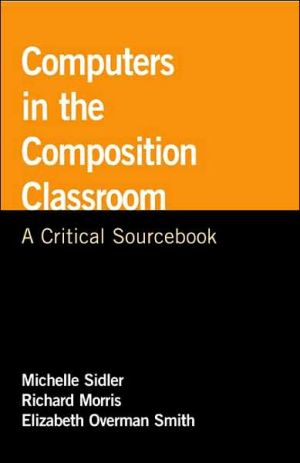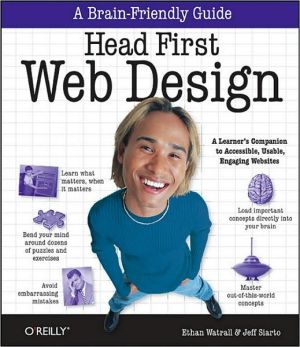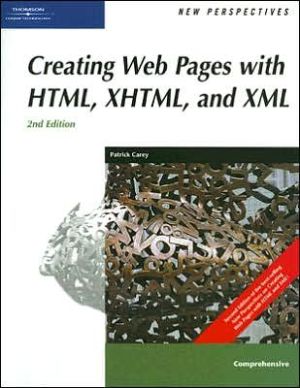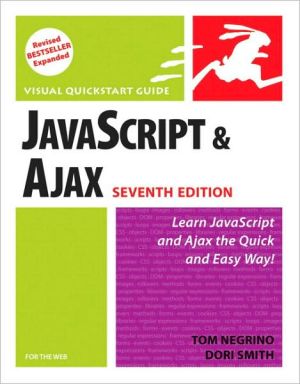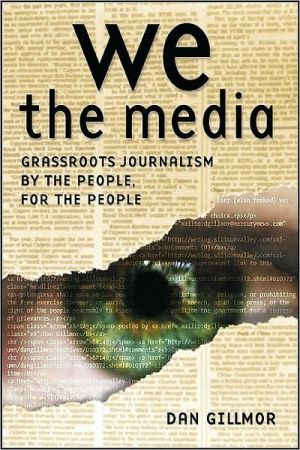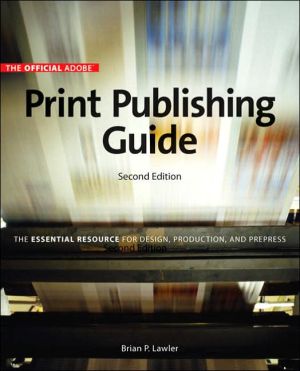Computers in the Composition Classroom: A Critical Sourcebook
Computers in the Composition Classroom introduces new teachers and scholars to the best thinking and practices that inform sound computer-assisted writing pedagogy. Chapters focus on critical issues such as literacy and access; identity and online writing practices; composing online; and the future of technology and writing.
Search in google:
Computers in the Composition Classroom introduces new teachers and scholars to the best thinking and practices that inform sound computer-assisted writing pedagogy. Chapters focus on critical issues such as literacy and access; identity and online writing practices; composing online; and the future of technology and writing.
Acknowledgments vIntroduction: Reflecting on Technology and Literacy in the Composition Classroom 1Foundations of Computers and Composition 9Introduction 11CCCC Position Statement on Teaching, Learning, and Assessing Writing in Digital Environments 15Literacy, Technology, and Monopoly Capital Richard Ohmann 20The Rhetoric of Technology and the Electronic Writing Class Gail E. Hawisher Cynthia L. Selfe 35Distant Voices: Teaching and Writing in a Culture of Technology Chris M. Anson 46The Politics of the Interface: Power and Its Exercise in Electronic Contact Zones Cynthia L. Selfe Richard J. Selfe Jr. 64Literacy and Access 87Introduction 89Technology and Literacy: A Story about the Perils of Not Paying Attention Cynthia L. Selfe 93From Pencils to Pixels: The Stages of Literacy Technologies Dennis Baron 116Champing at the Bits: Computers, Copyright, and the Composition Classroom John Logie 135"It wasn't me, was it?": Plagiarism and the Web Danielle DeVoss Annette C. Rosati 151Reading Hypertext: Order and Coherence in aNew Medium John M. Slatin 165Writers and Identity 179Introduction 181Feminist Research in Computers and Composition Lisa Gerrard 185Out of the Closet and into the Network: Sexual Orientation and the Computerized Classroom Jonathan Alexander 207The Persistence of Difference in Networked Classrooms: Non-negotiable Difference and the African American Student Body Todd Taylor 218Reversing Notions of Disability and Accommodation: Embracing Universal Design in Writing Pedagogy and Web Space Patricia A. Dunn Kathleen Dunn De Mers 228Writers and Composing 231Introduction 233Pedagogy in the Computer-networked Classroom Janet M. Eldred 239Contrasts: Teaching and Learning about Writing in Traditional and Computer Classrooms Mike Palmquist Kate Kiefer James Hartvigsen Barbara Goodlew 251Rethinking Validity and Reliability in the Age of Convergence Diane Penrod 271Looking for Sources of Coherence in a Fragmented World: Notes toward a New Assessment Design Kathleen Blake Yancey 293The Politics of the Program: MS Word as the Invisible Grammarian Tim McGee Patricia Ericsson 308The Computer and the Inexperienced Writer Christine A. Hult 326Web Literacy: Challenges and Opportunities for Research in a New Medium Madeleine Sorapure Pamela Inglesby George Yatchisin 333Web Research and Genres in Online Databases: When the Glossy Page Disappears Michelle Sidler 350Institutional Programs 367Introduction 369The Debate about Online Learning: Key Issues for Writing Teachers Patricia Webb Peterson 373Why OWLs? Value, Risk, and Evolution Stuart Blythe 385The Best of Both Worlds: Teaching Basic Writers in Class and Online Linda Stine 389The Impact of the Computer in Second Language Writing Martha C. Pennington 404WAC Wired: Electronic Communication across the Curriculum Donna Reiss Art Young 425The Rhetoric of New Media Writing 449Introduction 451Negative Spaces: From Production to Connection in Composition Johndan Johnson-Eilola 454Part 2: Toward an Integrated Composition Pedagogy in Hypertext Sean D. Williams 469Some Notes on Simulacra Machines, Flash in First-Year Composition, and Tactics in Spaces of Interruption Anthony Ellertson 482Re: The Future of Computers and Writing: A Multivocal Textumentary Bill Hart-Davidson Steven D. Krause 485Suggested Readings 499About the Editors 507Credits 509Index 513
